
Today, as the backlog around ports and coastal roads intensifies, cash flow of companies dwindles to historic lows dealing with coronavirus and stock levels are minimal, the stoicism of the British public will be tested as economists warn the tumult will continue until 2025.
Eight long years after Cameron’s vows, the UK has formally left the European Union — with a trade deal keeping its relations with its closest neighbours friendly, but most distinctly distanced.
Britain has regained its sovereignty, at a harsh initial cost, but the country now has the ability to forge its own way in the world.
Such a rebirth after nearly half a century of being tied economically to Europe comes at the most precarious time, with coronavirus still raging unimpeded throughout the land. Traders still don’t know the rules and regulations they will be required to adhere to to move goods and services in just days’ time. Preparations are in chaos.
None of this was front of mind in January 2013 when Cameron announced a future referendum on British membership of the European Union to appease restive Tory party members aghast at the EU’s federalism.
Brexit as a word wasn’t yet coined, but it’s intriguing to revisit his words, given what we know now.
In a speech in January 2013 Cameron spoke about how the European Union must change to deliver prosperity and retain support. He spoke of the British character being “independent, forthright, passionate in defence of our sovereignty’’, and “we can no more change this British sensibility than we can drain the English Channel’’.
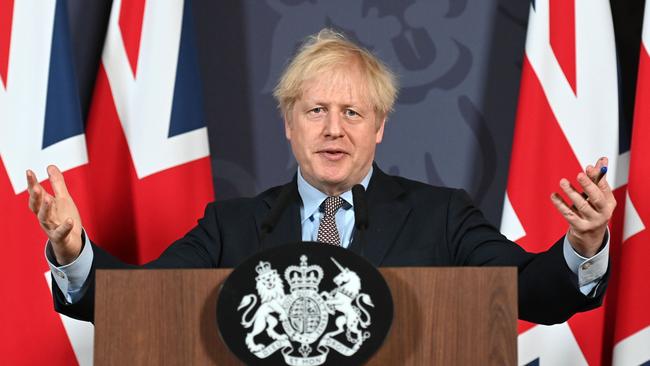
Crucially, Cameron appealed for change within the EU structure, laying out Britain’s problems with the EU: “People are increasingly frustrated that decisions taken further and further away from them mean their living standards are slashed through enforced austerity or their taxes are used to bail out governments on the other side of the continent.’’
He went on: “They (the British public) resent the interference in our national life by what they see as unnecessary rules and regulation. And they wonder what the point of it all is. Put simply, many ask /why can’t we just have what we voted to join — a common market? People also feel that the EU is now heading for a level of political integration that is far outside Britain’s comfort zone.’’
Cameron went to Brussels seeking some changes in Britain’s relationship with the EU, including demanding Britain be able to restrict social service payments to refugees, but was rebuffed, and especially shocked at an about face by German Chancellor Angela Merkel, who had earlier signified her support for the British position.
Back then, Cameron was urged by his Eton College colleague, London mayor Boris Johnson: “You need to be bold. You have to show them you are serious. Be prepared to walk away if the EU rejects your terms.’’
Johnson eventually decided to lead the Leave campaign, telling Cameron in a text borrowing from Rudyard Kipling that Brexit “will be crushed like a toad under the harrow”.
Come 2016, after the referendum, which saw the British people vote 52 per cent to leave, Cameron affected surprise that the British people, whom he had described so accurately, voted for the ability to make their own decisions.
Since that decision, which divided households, let alone the nation, there has been a soap opera saga of politicking. Political events usually playing out over decades have been concertinaed into four short years.
There has been Cameron’s immediate resignation, Theresa May’s tortuous leadership, where she lost a parliamentary majority on the back of a snap election, a weak and ineffective Labour opposition, constitutional crises, prorogation of parliament, Johnson leading the Tory party, expulsion of rebel Tories and then, on the back of selling the message, Get Brexit Done, to a fatigued public, Johnson winning a general election with a thumping 80-seat majority.
Central to the episodic climaxes has been the intransigence of the EU to shift any of its core positions, and Britain’s wrestling with internal wrangling over the degree of subservience it should pay to the EU in return for market access.
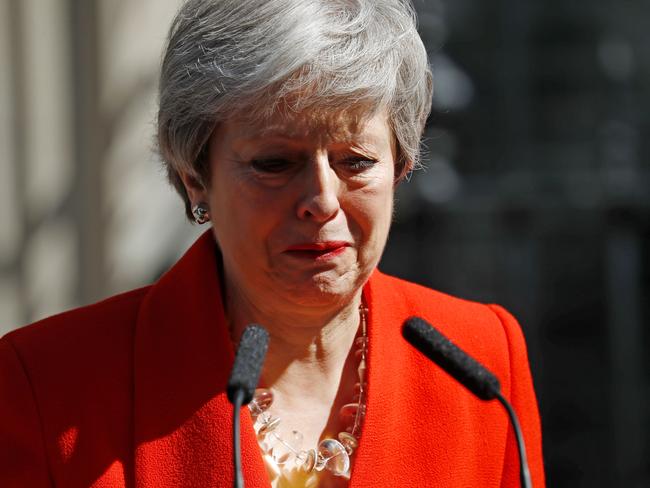
The EU, particularly France, has manoeuvred to try to punish the UK, to deter other member states, particularly those in southern Europe, from leaving. Merkel has been behind the scenes pulling strings too, trying to play to the bloc’s need to be as one, yet ensuring the negotiations, which looked to have ended earlier this month, continue until the very end to be able to tell German car manufacturers she has tried her hardest.
It seems a distant memory now that there were initial sticking points such as the “Irish backstop” to overcome a political reluctance to reimpose border checks between the Republic of Ireland (in the EU) and Northern Ireland (in the UK) and whether Britain would remain in the EU’s Customs union. Both were overturned in tension-filled votes in Westminster. The Irish question was fudged with a plan for an “invisible border’’ down the Irish Sea.
Then on January 31 this year, after Johnson’s decisive victory that overcame the previous difficulties of having a Remain majority parliament, the UK officially left the EU, but with an 11-month transition period to negotiate the future relationship, including trade.
The problems that are forefront: fishing rights in British waters, the degree to which the UK has to follow the EU’s level-playing-field provisions and the judicial oversight of treaty transgressions, were always the biggest headaches.
Now that both the EU and Britain have a point of political direction, the dramatic impacts at a trading level come into play.
Suren Thiru, head of economics at the British Chambers of Commerce, said that only 38 per cent of companies had even done a risk assessment this year to prepare for Brexit, partly because of the distractions of coronavirus but mainly because there was so much uncertainty and a lack of clarity from the government.
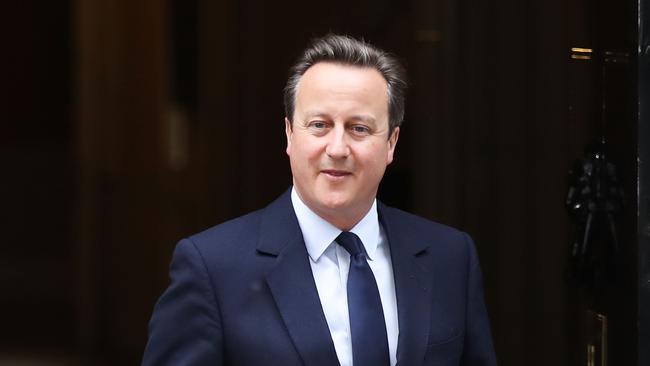
“The preparations are less than what we would like,’’ he noted at a seminar at the Birmingham City University. “One in three businesses have less than three months of cash in reserve, that’s clearly of concern and what might happen going forward.’’
He said of 35 key questions posed to the government, only 11 have had a statutory answer, leaving a vacuum of information.
Thiru said: “I hear all the time it is a moving target, there is so much uncertainty, ambiguity (over) critical elements like how companies are to operate after January 1 … the absence of clear information is a real barrier.’’ Cabinet Office Minister Michael Gove insisted that the British ports will face only a few weeks of disruption. He told a government committee that “things will resolve themselves (to) normal relatively early in the new year’’. Felixstowe and Southampton ports have been overrun in recent weeks, with shipping lines diverting food to The Netherlands.
Meanwhile in the House of Lords, peers have urged a six-month grace period for businesses to adapt to Brexit paperwork. Lord Robin Teverson warned that without clear, co-ordinated information it was impossible for businesses to adjust their practices. “From January 1 their produce may not be picked up by hauliers in the first place, might be turned around at the border (and) in the worst case could spin in vans because of the border delays,’’ Lord Teverson said. “Industry wants to make the new arrangements work and has been heeding government warnings to get ready but ministers must explain exactly what the changes will be and provide the support that farmers and businesses need.’’


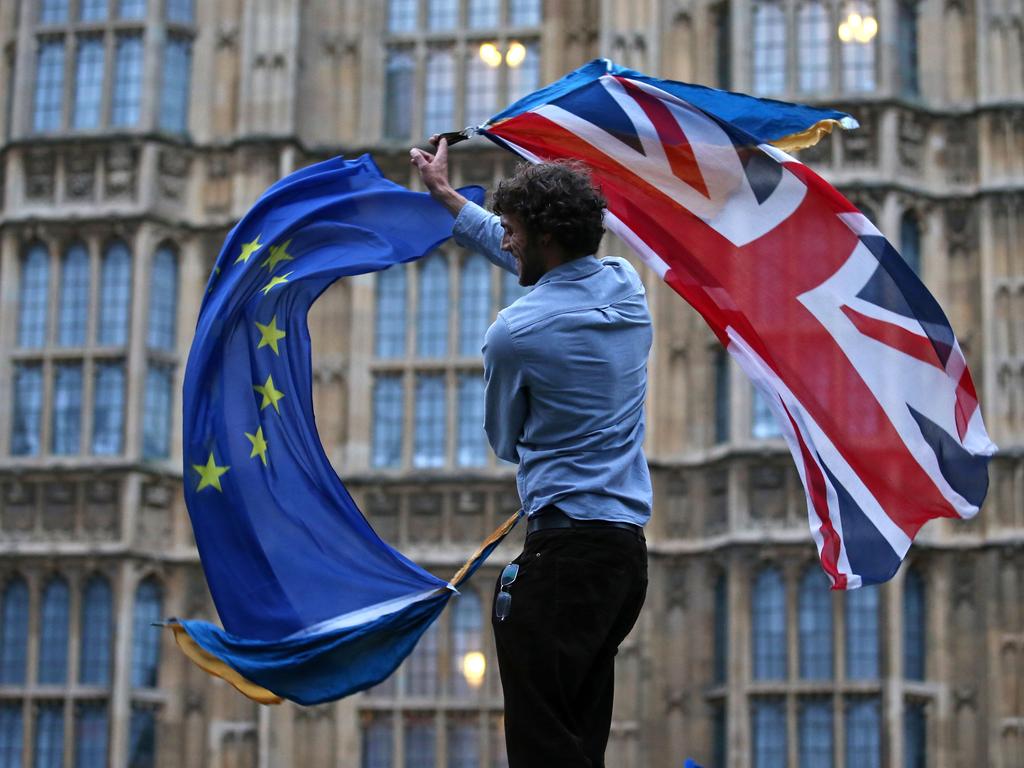
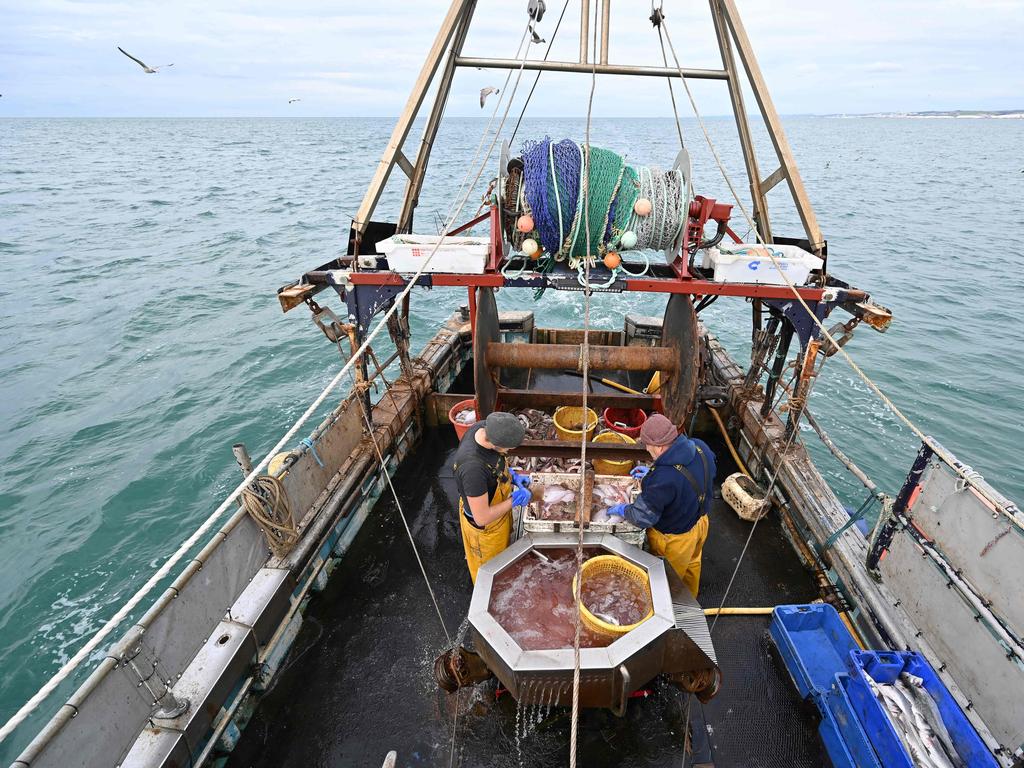
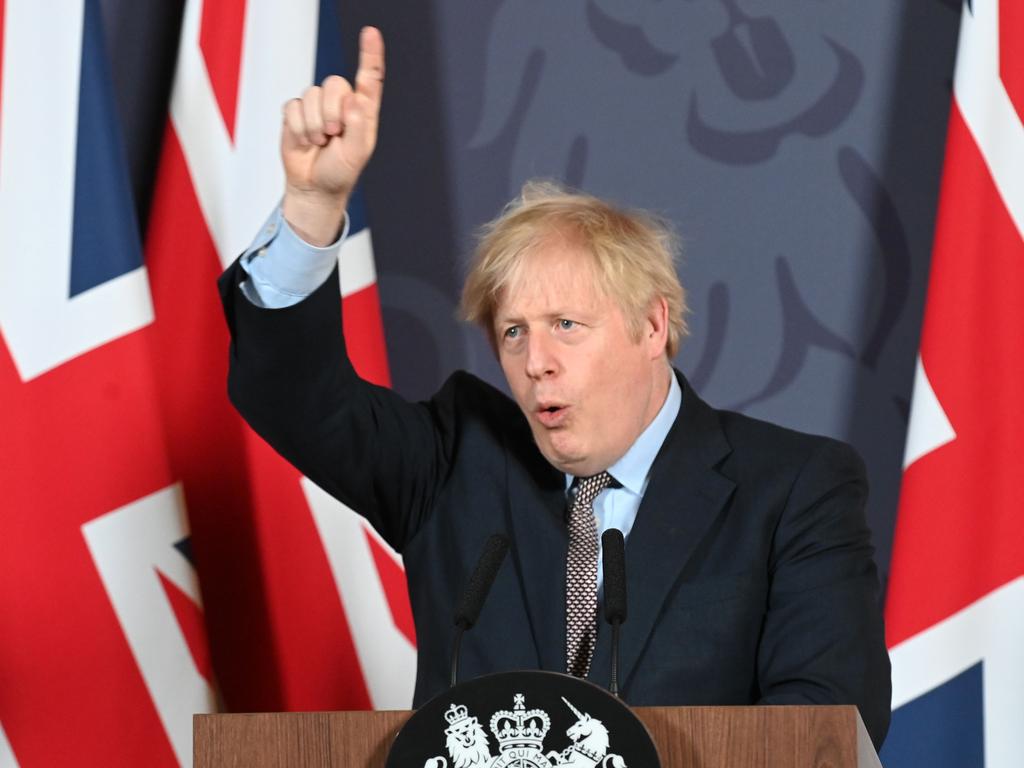


When British prime minister David Cameron tried to keep his Conservative Party intact, he made a promise he may not have thought he would have to keep or, if he did, that the outcome wouldn’t matter.